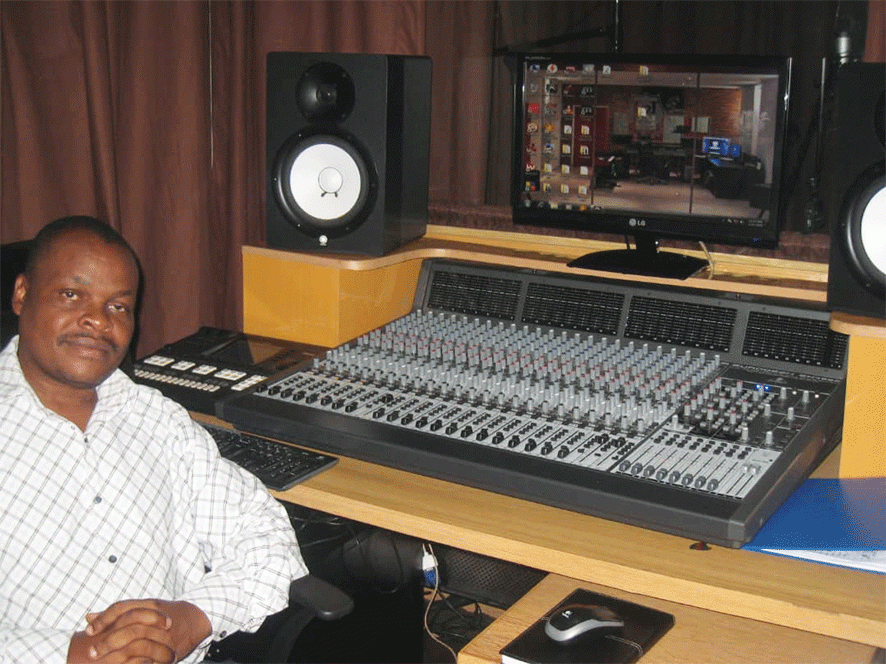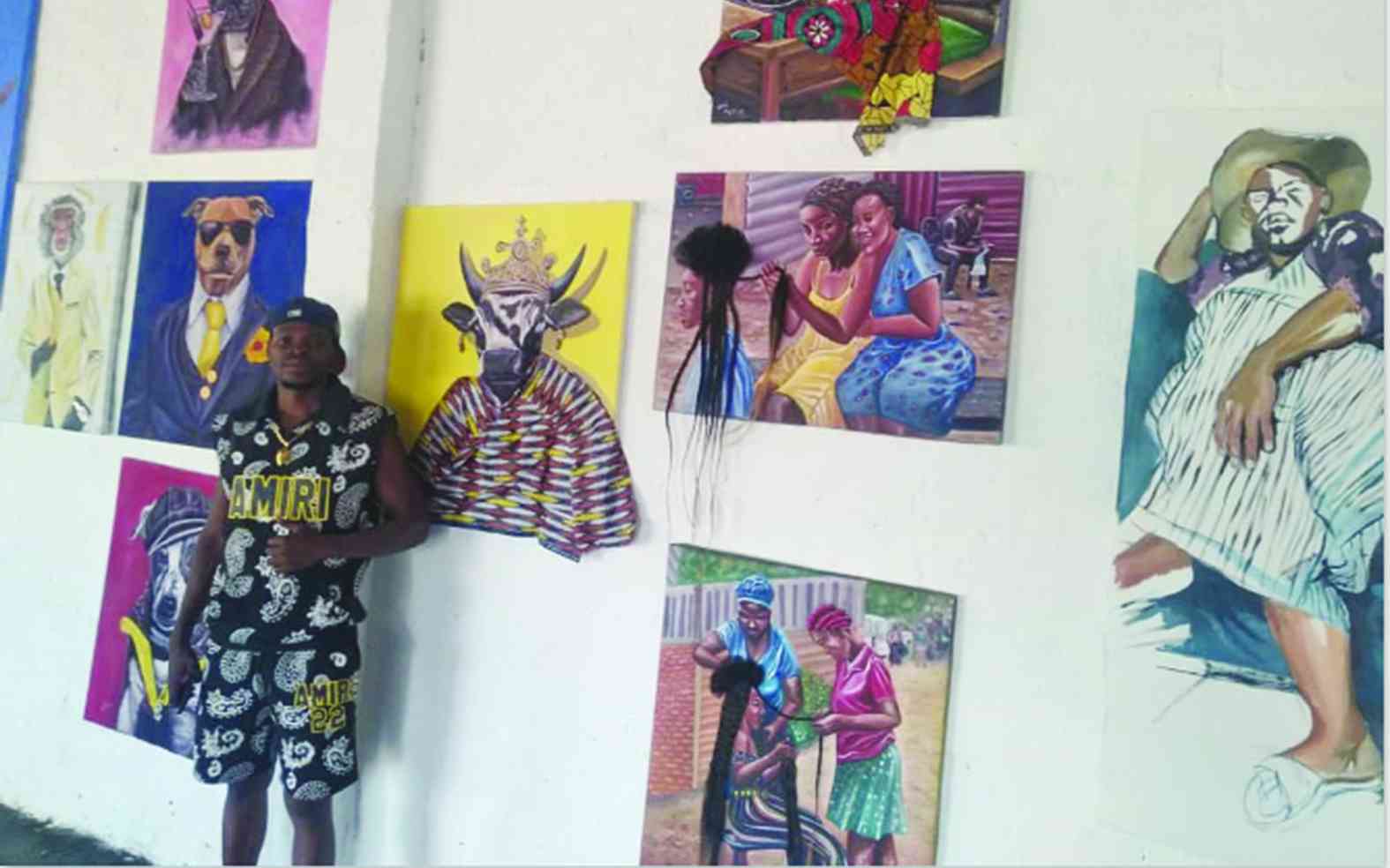
JABULANI NDLOVU is a popular and veteran music producer famed for producing sungura and traditional music hits for various Zimbabwean artistes. Ndlovu was apprentice-trained at the now defunct Gramma Records through the hands of Steve Roskilly, Bothwell Nyamhondera, Ray Makahamadze, Peter Muparutsa, and the late Tymon Mabaleka in the 80s. He was a sound engineer and was then promoted to a music producer in 2000 until he was weaned off to head Metro Studios. In 2008, Ndlovu joined flamboyant businessman Steady Munyanyi’s Diamond Records in Botswana. Diamond Records later relocated to Zimbabwe where it became an instant hit. NewsDay Weekender caught up with Ndlovu who now runs his Tru Tone Records. He noted that sungura and traditional music are high dynamic level recorded genres best captured through preserving the natural ambiance and an expression of the high level of practical musicianship.
Music producing at the turn of the millennium
At the turn of the millennium, most analogue music recording technologies were getting worn out and would just need to be updated through integrated methods that assimilate both analogue and digital systems. Unfortunately, there was a bias towards the importation of solely digital systems which to an extent brought a new lease of life in clarity and light-toned music including sungura and traditional music which were heavily compromised in terms of low sound depth.
Hindrance to the setting up of a state-of-the-art studio
My desire for a perfect reinstallation of a state-of-the-art music recording and production studio was put on hold because of the Western-imposed sanctions that would not allow direct importation of the required equipment and consumables into Zimbabwe. As an alternative, we had to seek ways to move on with our business lines through technologies from the East and South Africa. Most online shops rejected finalising transactions of the gadgets that we desperately need. The same equipment would cost us nearly a third more if bought or imported via Mzansi. Also, political tension was and is still being mitigated through the arts which are an undemanding representative of the beauty of Zimbabwe.
Tribute to artistes
The new breed of artistes such as Jah Prayzah, Mokoomba, Winky D, the late Soul Jah Love, and Buffalo Soldier, among others, have remained steadfast in music despite the harsh times. They have brought unrelenting happiness that transmitted the truth about peace, love, unity, and cultural pride for being Zimbabweans. On the other hand, sungura musicians like Alick Macheso, Mark Ngwazi, Simon Mutambi, Bonface Mukwada, and Lucky Kunene, among others, have soldiered on despite the difficult times of the COVID-19 pandemic.
Envy for sungura awards
- The only market where knowledge exchange is part of customer experience
- DT Bio Mudimba: A sungura perfectionist
- Hockey legend, Williams, dies
- I am modernising sungura: Romeo Gasa
Keep Reading
There is a lack of a dedicated awards ceremony for sungura music and a pronounced position in the schools and college curriculum for teaching the genre as a casualty of the social backwardness associated with the majority of sungura music. Sungura music helps in building a generation of culturally-driven and practically proficient musicians who are keen to live in harmony with their nationalistic tendencies.
An awards ceremony would make people visualise the diverse innovations which are rooted in the nearly 24 local languages that are spoken in Zimbabwe. Sungura music has been in most cases labelled as lead and response singing in natural voice accompanied and or harmonised by three guitars namely lead, rhythm, and bass in an upbeat tempo of imitative polyphony of a running hare. Sungura is derived from the Swahili word Sunguro which means a rabbit or hare.
Need for funding
We need more funding and adequate resourcing to operate the way the then Gramma records used to do. Through the assistance of the government and corporate intervention, a viable Sungura and traditional music industry can re-emerge through engaging and re-engaging a new vibrant production.
Also, we need online sales and marketing team which includes availing locally sustainable playback devices. It is time we conduct our business in a local, but internationally acceptable manner.










